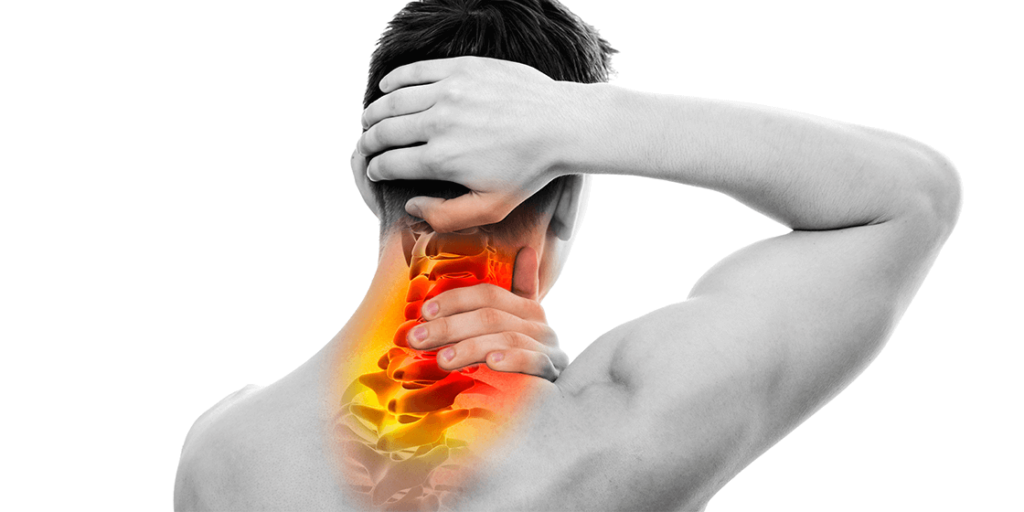Best Brain and Spine Specialist in Aurangabad Dr M.A. Waheed
The brain and spine are essential components of the human nervous system, controlling nearly every function in the body. Disorders or injuries in these areas can deeply affect one’s physical, cognitive, and emotional well-being. Dr. M A Waheed, a best brain and spine specialist in Aurangabad, provides the expert care needed to address these complex conditions. With his specialized knowledge and experience, Dr. Waheed is dedicated to diagnosing, treating, and managing brain and spine disorders effectively, helping patients achieve optimal health and recovery.

Understanding Brain and Spine Disorders
Brain and spine disorders encompass a wide range of conditions, including:
- Brain Conditions
- Brain Tumors: Abnormal growths that can affect brain function.
- Stroke: A disruption of blood supply to the brain, causing potential long-term damage.
- Traumatic Brain Injuries (TBI): Injuries from accidents, falls, or impacts that can range from mild to severe.
- Hydrocephalus: A condition where excess fluid builds up in the brain, requiring surgical intervention.
- Epilepsy: Seizure disorders that may require surgical treatment in certain cases.
- Spine Conditions
- Spinal Cord Injuries: Trauma to the spine that can result in paralysis or loss of function.
- Herniated Discs: Discs pressing on nerves, causing pain, weakness, or numbness.
- Spinal Stenosis: Narrowing of the spinal canal, leading to nerve compression and discomfort.
- Scoliosis: Abnormal curvature of the spine that may need correction.
- Tumors of the Spine: Growths in or near the spine that can impact function and mobility.
Neurosurgical Treatments for Brain and Spine Disorders
Neurosurgeons employ advanced techniques and cutting-edge technology to treat brain and spine conditions, focusing on precision and minimizing risks. Common treatments include:
- Brain Surgery: Procedures such as tumor removal, aneurysm repair, or treating traumatic injuries.
- Minimally Invasive Spine Surgery: Advanced techniques like endoscopic surgery for faster recovery and reduced pain.
- Spinal Fusion: Stabilizing the spine in cases of fractures, deformities, or degenerative conditions.
- Neuro-Oncology: Specialized surgeries for removing tumors from the brain or spine.
- Neurovascular Surgery: Addressing conditions like aneurysms or arteriovenous malformations (AVMs).
Symptoms to Watch For
Early detection is critical for effective treatment. Seek medical attention if you experience:
- Persistent headaches or migraines.
- Numbness or weakness in the limbs.
- Unexplained back or neck pain.
- Loss of balance or coordination.
- Vision problems, confusion, or memory loss.
Recovery and Rehabilitation
After treatment, rehabilitation plays a crucial role in restoring function and improving quality of life. Neurosurgeons often work alongside physiotherapists, occupational therapists, and pain management specialists to develop personalized recovery plans. These may include physical therapy, cognitive exercises, and lifestyle modifications to support long-term health.
Why Choose Specialized Neurosurgical Care?
Conditions affecting the brain and spine require expert diagnosis and treatment due to their complexity. Advanced imaging technologies like MRI and CT scans, combined with the expertise of a skilled neurosurgeon, ensure precise intervention tailored to the patient’s needs.
A trusted neurosurgeon not only addresses the physical aspect of the condition but also provides emotional support, guiding patients and families through their journey to recovery.
Conclusion
When it comes to brain and spine health, prompt and specialized care can make a life-changing difference. Whether you are dealing with a serious condition or seeking preventive consultation, expert neurosurgical care ensures you receive the best possible outcomes. With a focus on precision, innovation, and patient-centered care, neurosurgeons provide hope and healing for even the most complex conditions.
If you or a loved one is experiencing symptoms related to the brain or spine, don’t delay seeking professional guidance. Early intervention is the key to better recovery and quality of life.
